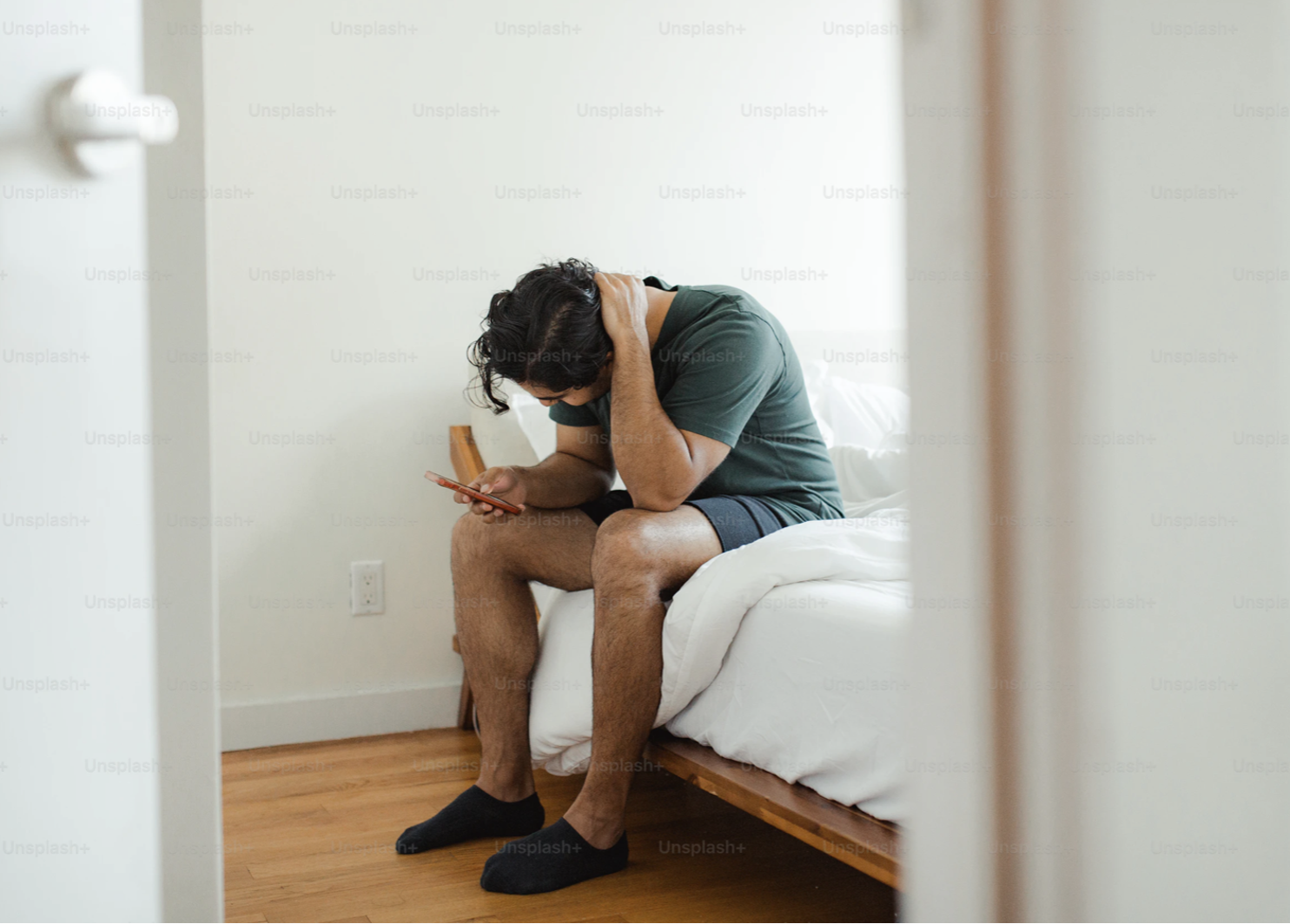
Stress is a common experience that affects everyone at some point in their lives. It can be caused by various factors such as work, relationships, health issues, and financial problems. If left unmanaged, stress can lead to physical and mental health problems, affecting one’s overall quality of life. Therefore, it is essential to learn how to manage stress effectively.
One of the top tips for managing stress is to identify the source of stress. By understanding what triggers stress, one can take steps to avoid or minimize exposure to those triggers. Another effective way to manage stress is to practice relaxation techniques such as deep breathing, meditation, and yoga. These techniques help to calm the mind and reduce tension in the body, leading to a more relaxed state. Additionally, maintaining a healthy lifestyle by getting enough sleep, eating a balanced diet, and exercising regularly can help to reduce stress levels.
- Lifestyle Changes
- Mindfulness and Relaxation
- Time Management
- Social Support
- Coping Strategies
- Avoiding Unhealthy Habits
Lifestyle Changes
Making lifestyle changes can significantly reduce stress levels. Here are some tips:
- Exercise regularly: Exercise releases endorphins, which are natural mood boosters. Regular exercise also helps to reduce stress hormones such as cortisol. Even a short walk or yoga session can make a difference.
- Get enough sleep: Lack of sleep can increase stress levels. Aim for 7-9 hours of sleep each night. Create a relaxing bedtime routine and avoid screens before bed.
- Eat a healthy diet: Eating a balanced diet with plenty of fruits, vegetables, and whole grains can help reduce stress. Avoid processed foods and excessive caffeine and alcohol.
- Practice relaxation techniques: Deep breathing, meditation, and progressive muscle relaxation are all effective techniques for reducing stress levels. Find a technique that works for you and practice it regularly.
- Spend time with loved ones: Social support can help reduce stress. Spend time with friends and family, join a club or group, or volunteer in your community.
By making these lifestyle changes, one can significantly reduce stress levels and improve overall well-being.
Mindfulness and Relaxation
One effective way to manage stress is through mindfulness and relaxation techniques. Mindfulness involves being present and fully engaged in the current moment, while relaxation techniques help to calm the mind and body.
One popular mindfulness technique is meditation, which involves sitting quietly and focusing on the breath. This can help to reduce stress and anxiety, and improve overall well-being. There are many different types of meditation, so it may be helpful to try a few to find what works best.
Another relaxation technique is progressive muscle relaxation, which involves tensing and relaxing different muscle groups in the body. This can help to release tension and promote relaxation.
In addition to these techniques, there are many other ways to incorporate mindfulness and relaxation into daily life. This can include taking a relaxing bath or shower, practicing yoga or tai chi, or simply taking a few deep breaths throughout the day.
For those who prefer a more hands-on approach, massage therapy can also be a helpful way to manage stress. Target Therapies massage therapists are trained to provide a variety of massage techniques that can help to release tension and promote relaxation.
Overall, incorporating mindfulness and relaxation techniques into daily life can be a powerful way to manage stress and improve overall well-being.
Time Management
Effective time management is an essential skill to manage stress. Poor time management can lead to missed deadlines, unfinished tasks, and a sense of overwhelm. To manage stress effectively, it is important to prioritize tasks, set realistic goals, and avoid procrastination.
One effective time management technique is to create a to-do list. This can help individuals stay organized and focused on tasks that need to be completed. It is important to prioritize tasks on the list and tackle the most important ones first. Breaking down large tasks into smaller, more manageable ones can also help individuals feel less overwhelmed.
Another technique is to set realistic goals. It is important to set goals that are achievable and not overly ambitious. This can help individuals feel a sense of accomplishment and reduce stress. It is also important to avoid procrastination and tackle tasks as soon as possible. Procrastination can lead to increased stress levels and missed deadlines.
In addition to these techniques, individuals can also use time management tools such as calendars, alarms, and timers. These tools can help individuals stay on track and manage their time effectively. It is also important to take breaks throughout the day to recharge and avoid burnout.
Overall, effective time management is crucial to managing stress. By prioritizing tasks, setting realistic goals, and avoiding procrastination, individuals can reduce stress levels and feel more in control of their workload.
Social Support
Having a strong support system can be incredibly beneficial in managing stress. Social support can come from friends, family, coworkers, or even support groups.
Research has shown that having a support system can lead to lower levels of stress, decreased anxiety, and improved overall mental health. It can also provide a sense of belonging and purpose, which can help individuals feel more resilient in the face of stressors.
There are a few ways to cultivate a strong support system. This can include reaching out to friends and family regularly, joining a support group related to a specific stressor or interest, or even seeking out therapy or counseling.
It’s important to remember that everyone’s support system will look different, and that’s okay. Some may have a large network of friends and family, while others may rely more heavily on professional support. The key is to find what works best for the individual and to prioritize building and maintaining those relationships.
In summary, social support can be a powerful tool in managing stress. By cultivating a strong support system, individuals can feel more connected, resilient, and better equipped to handle the challenges that come their way.
Coping Strategies
There are several coping strategies that can help manage stress effectively. Here are a few:
- Meditation and deep breathing: These techniques can help calm the mind and reduce stress levels. Practicing meditation and deep breathing for just a few minutes each day can lead to significant improvements in stress management.
- Exercise: Physical activity is a great way to reduce stress. Exercise releases endorphins, which are natural mood boosters. Even a short walk or yoga session can help reduce stress levels.
- Social support: Talking to friends and family can help reduce stress levels. Having a support system can provide a sense of comfort and help individuals feel less isolated.
- Time management: Poor time management can lead to stress. Creating a schedule and prioritizing tasks can help individuals feel more in control of their time and reduce feelings of overwhelm.
- Healthy habits: Eating a balanced diet, getting enough sleep, and avoiding excessive alcohol and caffeine can all contribute to better stress management.
By incorporating these coping strategies into daily life, individuals can effectively manage stress and improve their overall well-being.
Avoiding Unhealthy Habits
When it comes to managing stress, avoiding unhealthy habits is crucial. Some of the common unhealthy habits that people engage in when stressed include smoking, excessive drinking, and overeating. These habits can provide temporary relief, but in the long run, they can worsen stress levels and lead to health problems.
One of the best ways to avoid unhealthy habits is to identify triggers that cause stress and find healthy ways to cope with them. For example, if work-related stress is a trigger, taking breaks throughout the day to meditate, stretch, or walk can help alleviate stress levels.
Another way to avoid unhealthy habits is to prioritize self-care. This includes getting enough sleep, eating a healthy diet, and engaging in regular exercise. These habits can help improve overall well-being and reduce stress levels.
It’s also important to avoid using social media and technology excessively as they can contribute to stress and anxiety. Instead, try to disconnect from technology and engage in activities that promote relaxation and mindfulness, such as reading a book, taking a bath, or practicing yoga.
By avoiding unhealthy habits and prioritizing self-care, individuals can better manage stress and improve their overall health and well-being.




